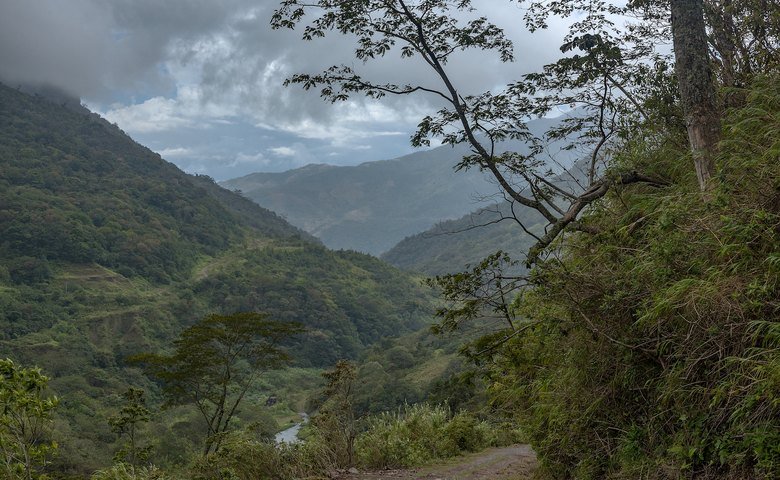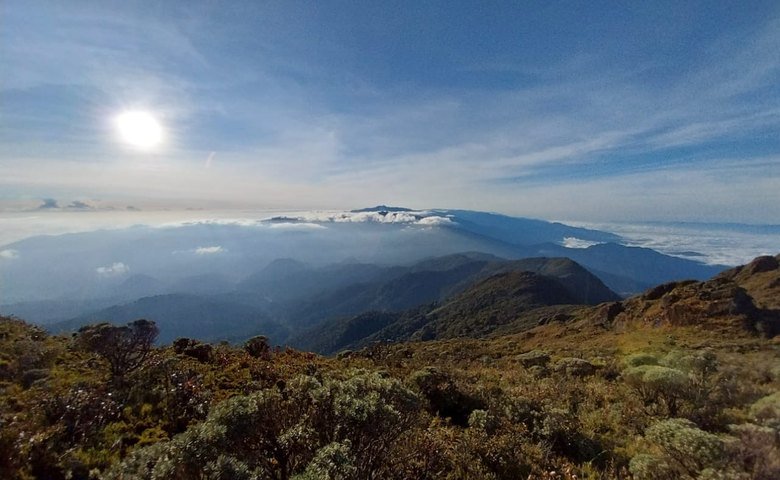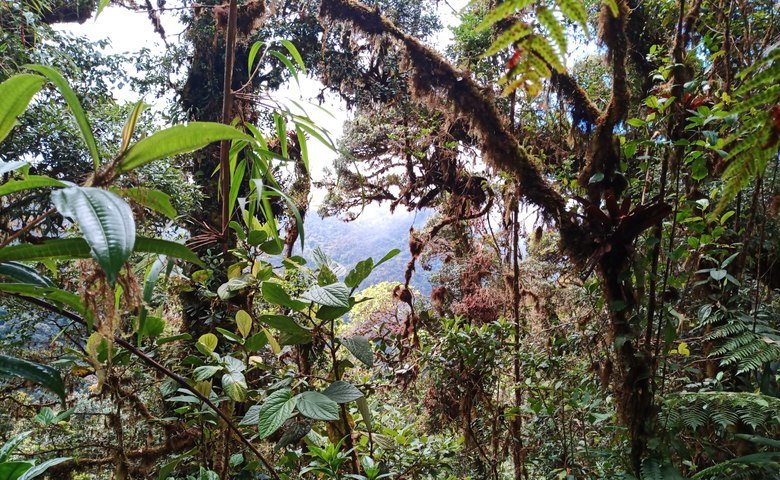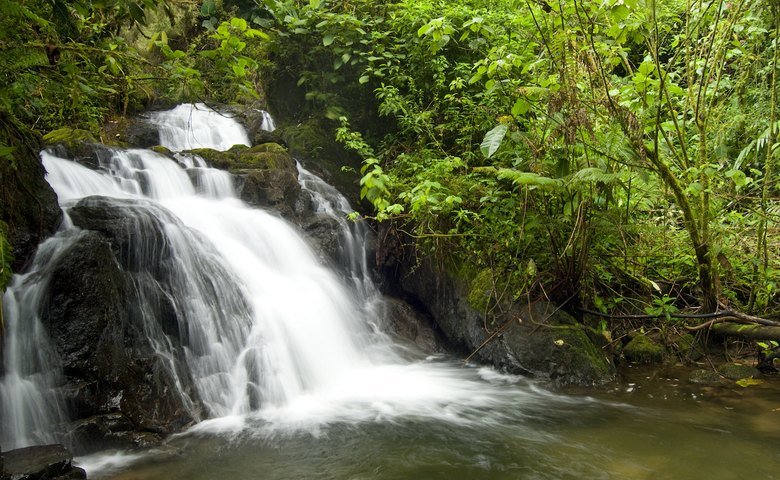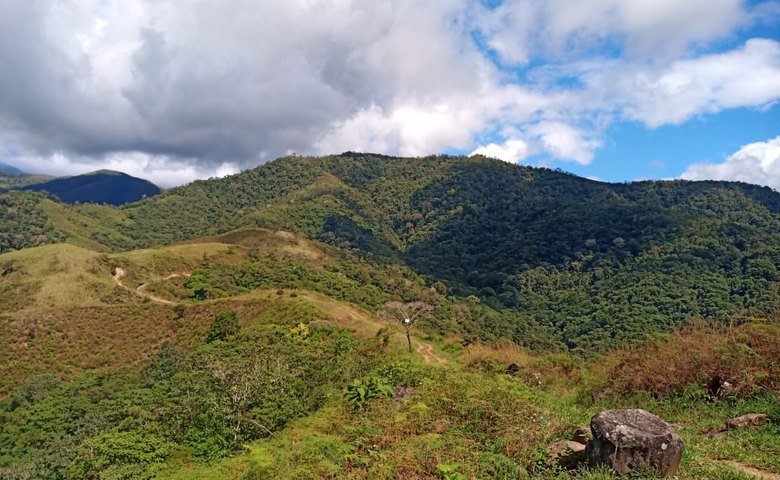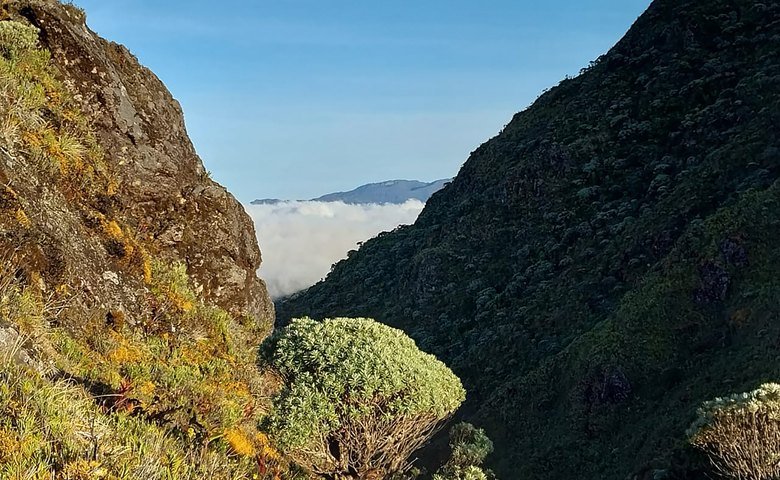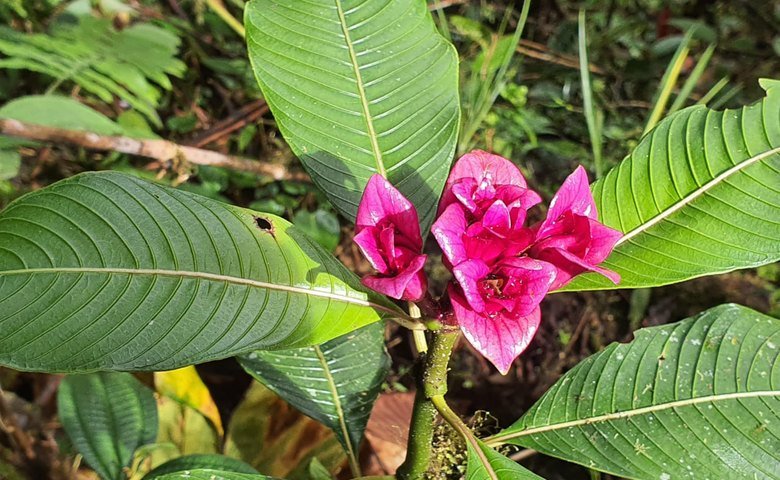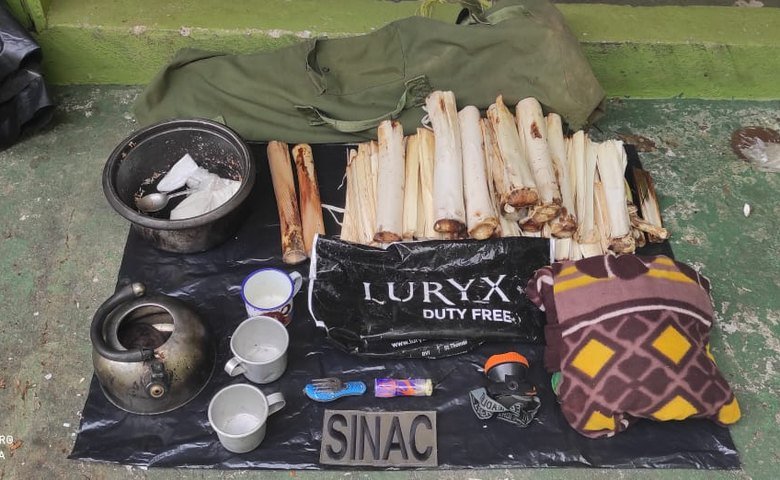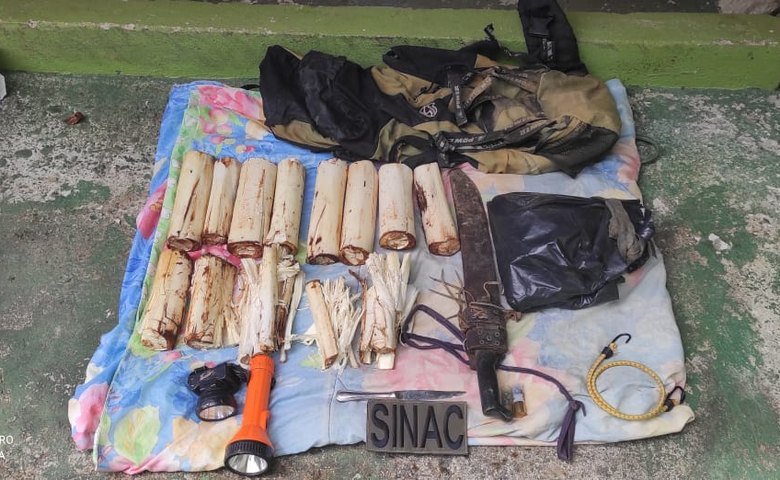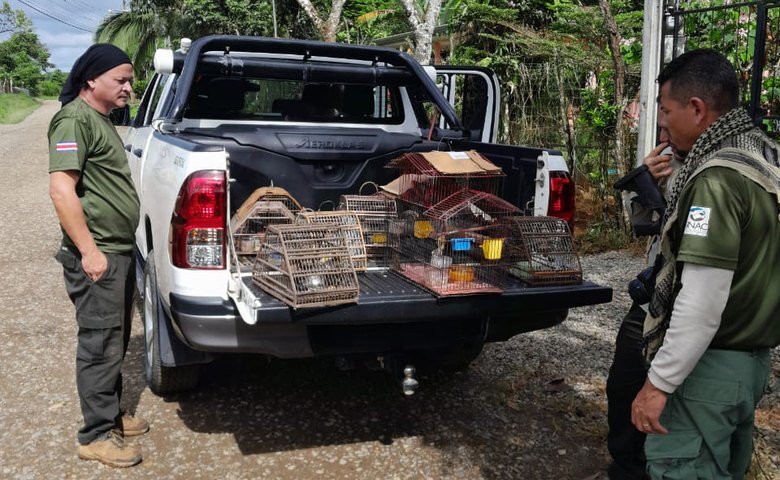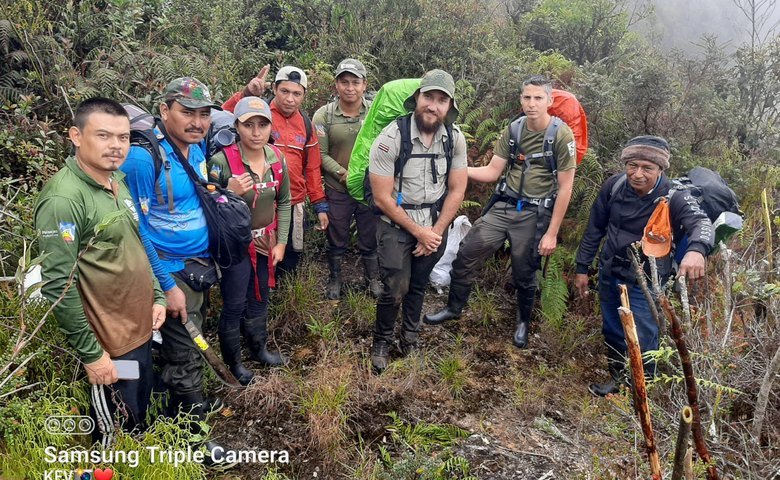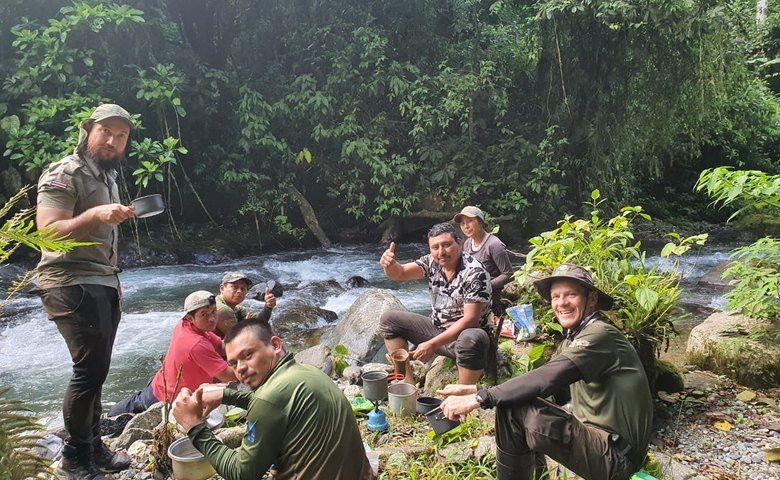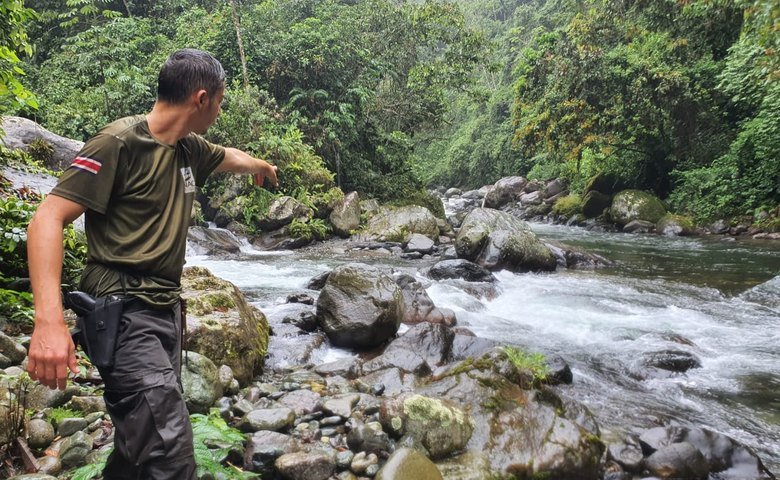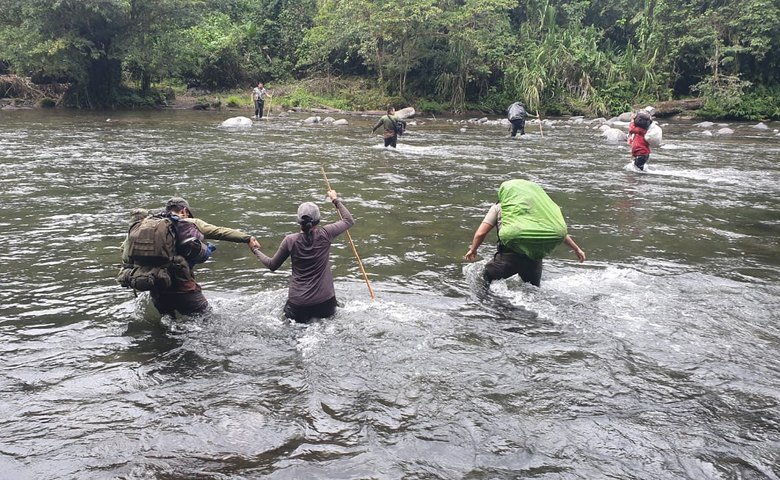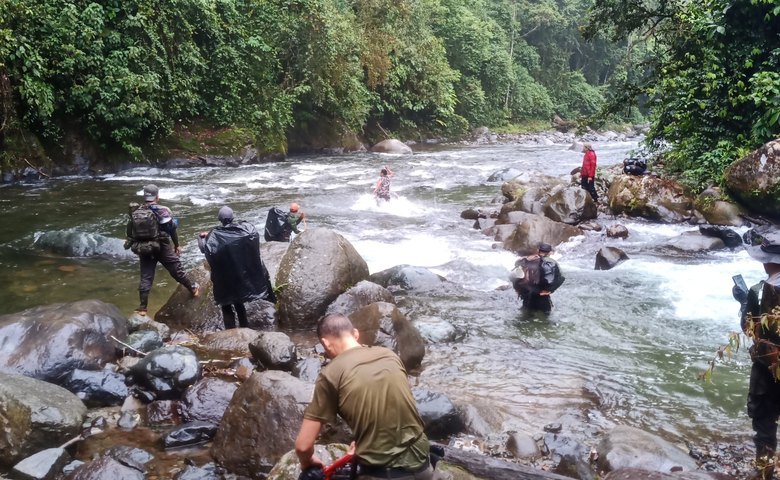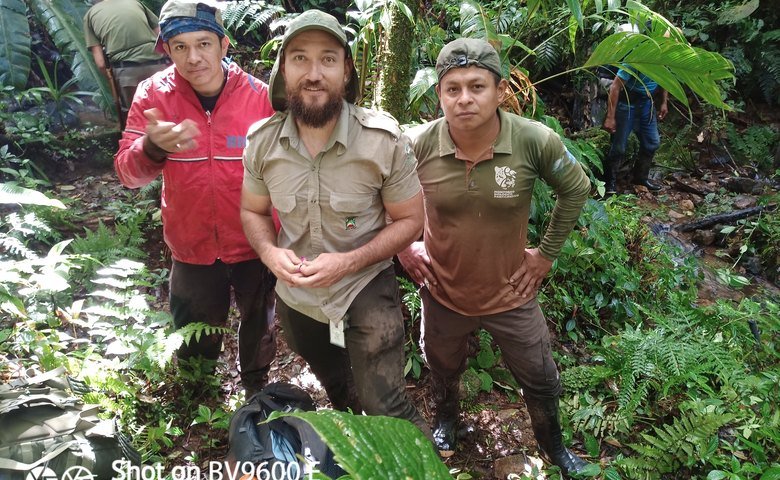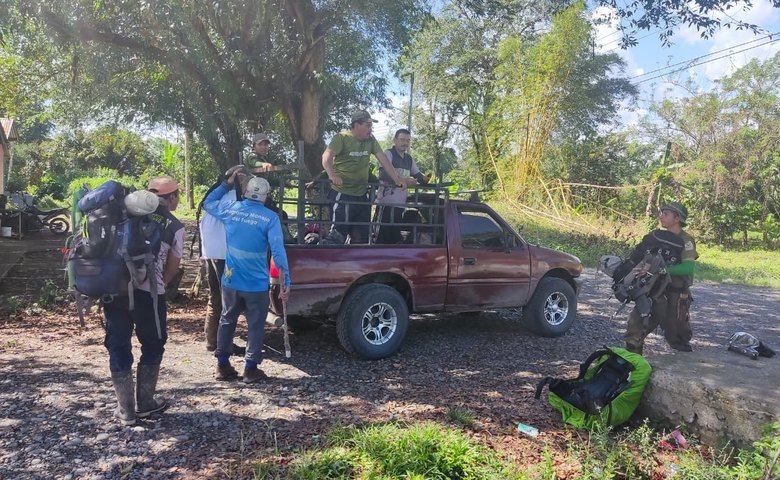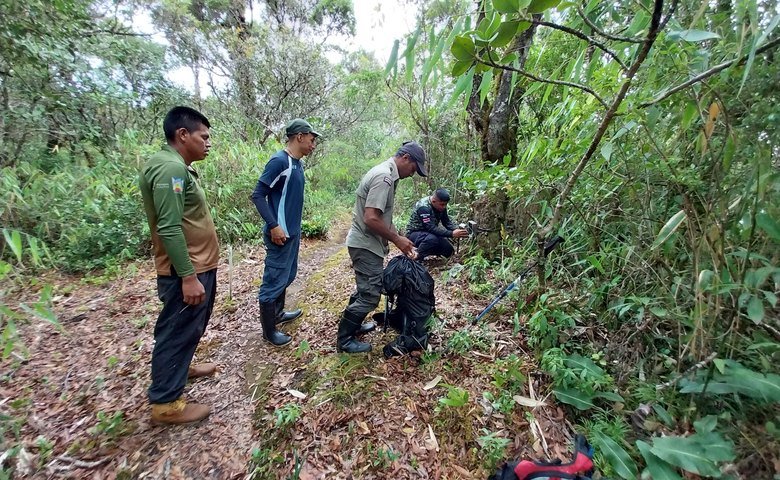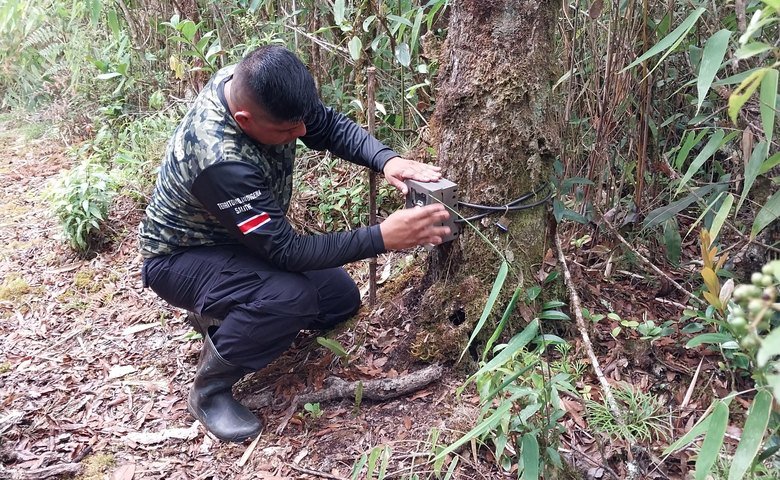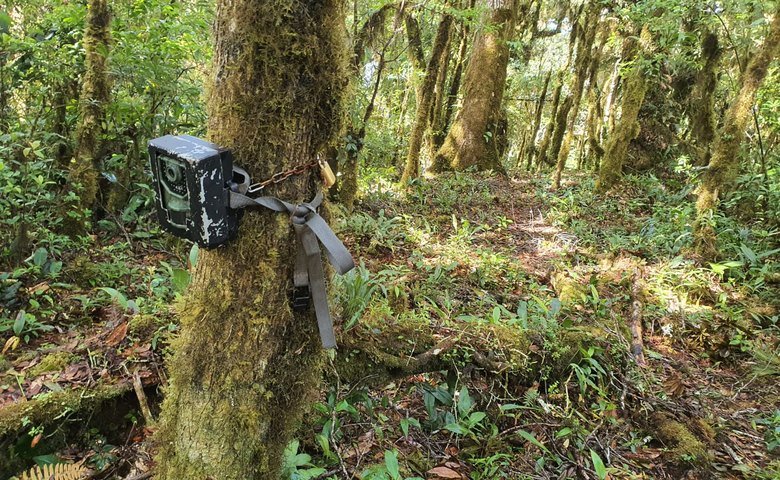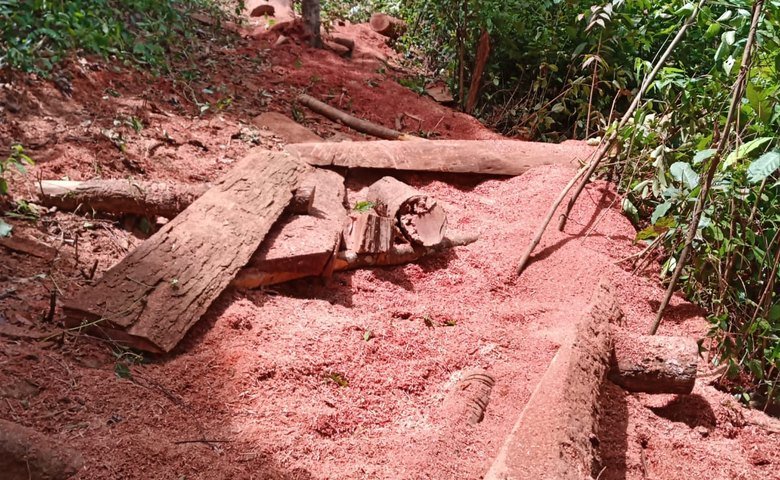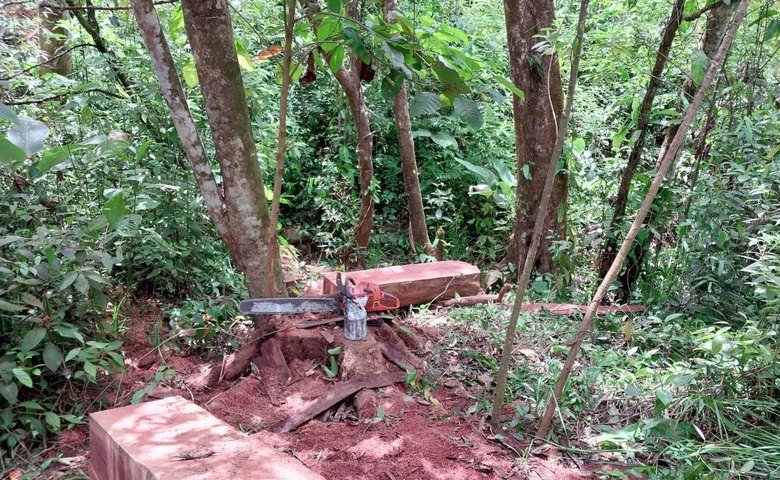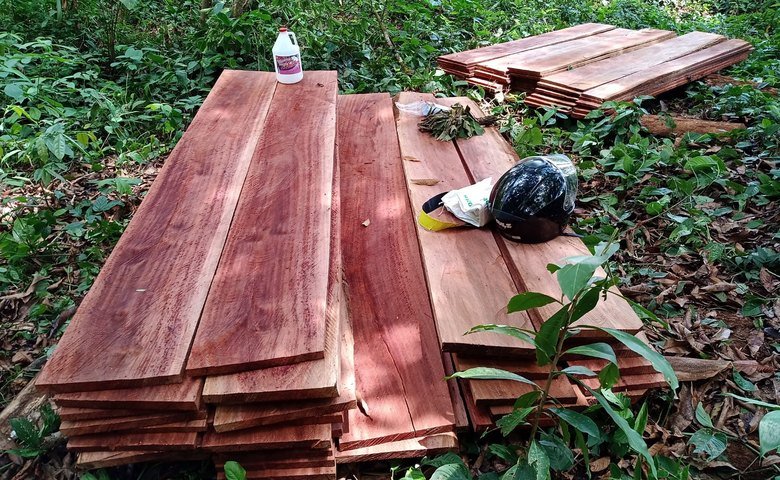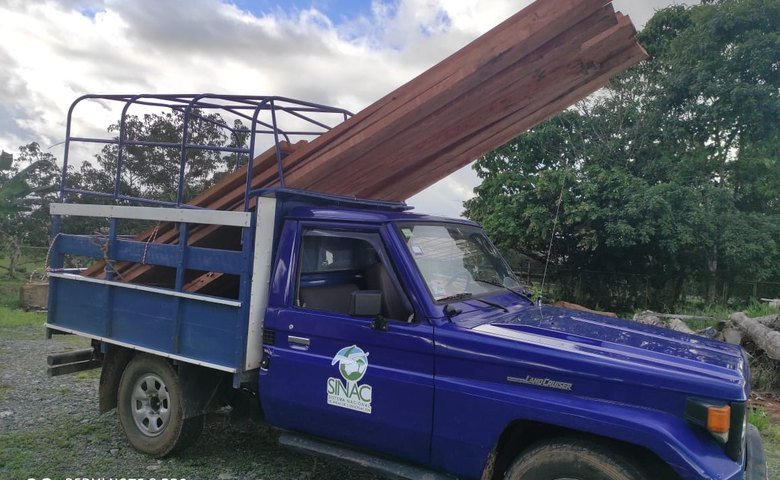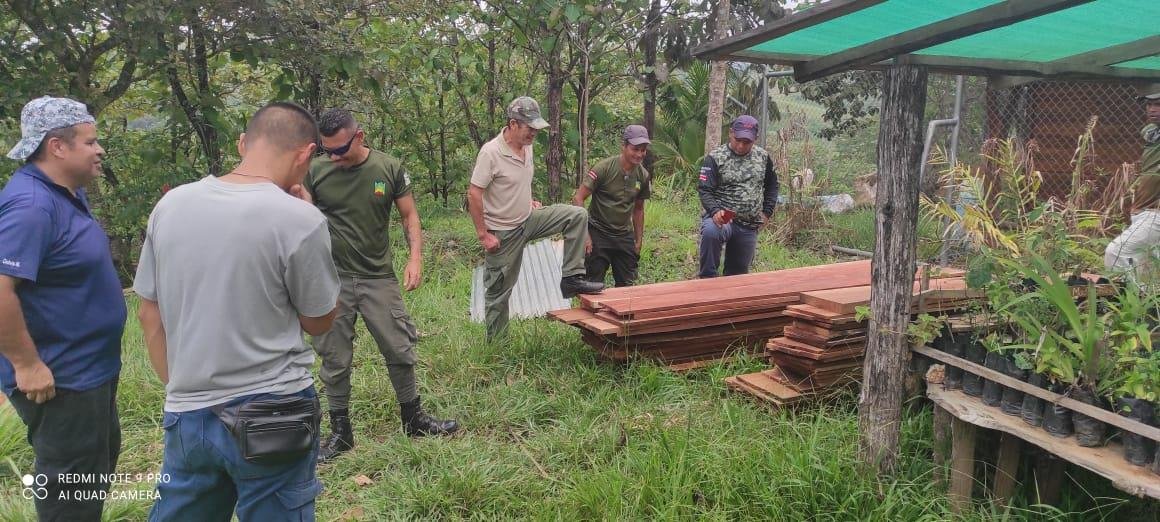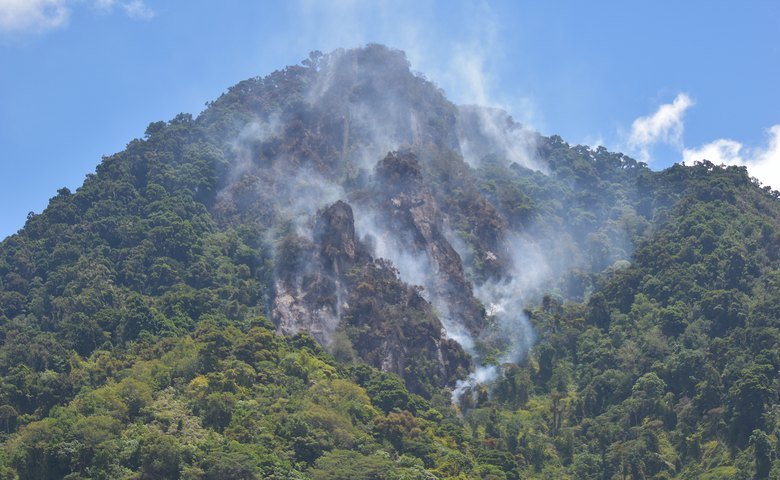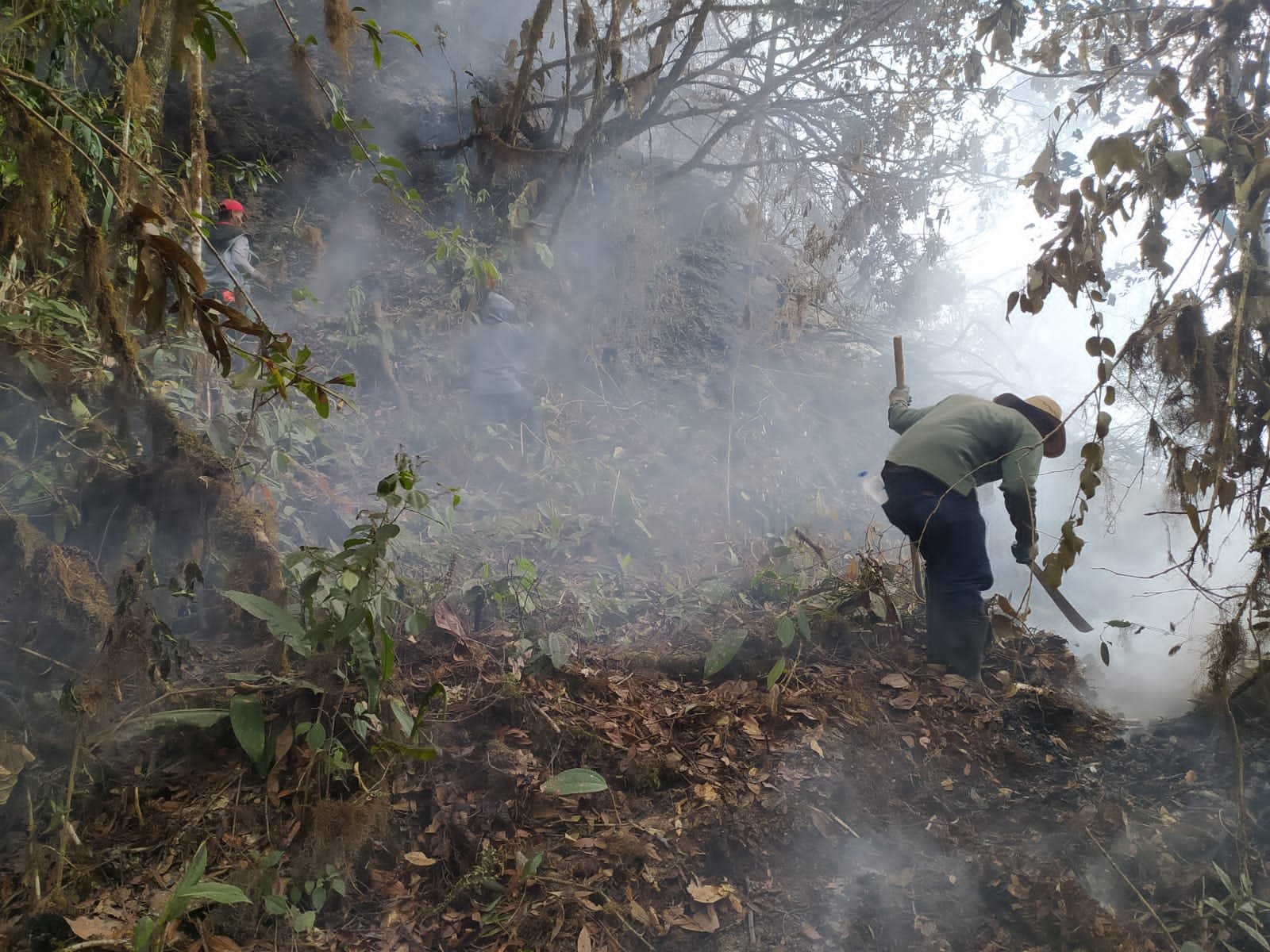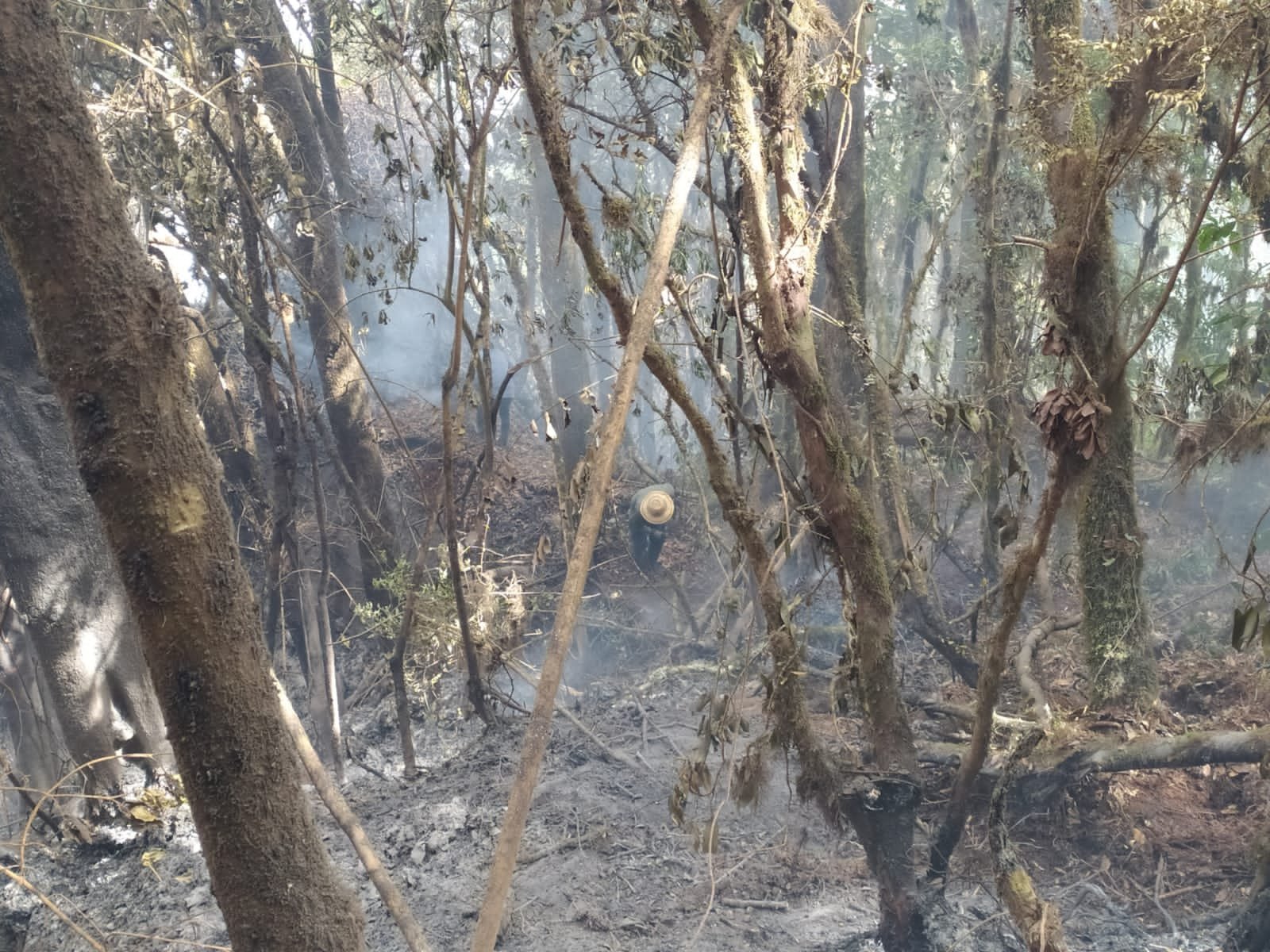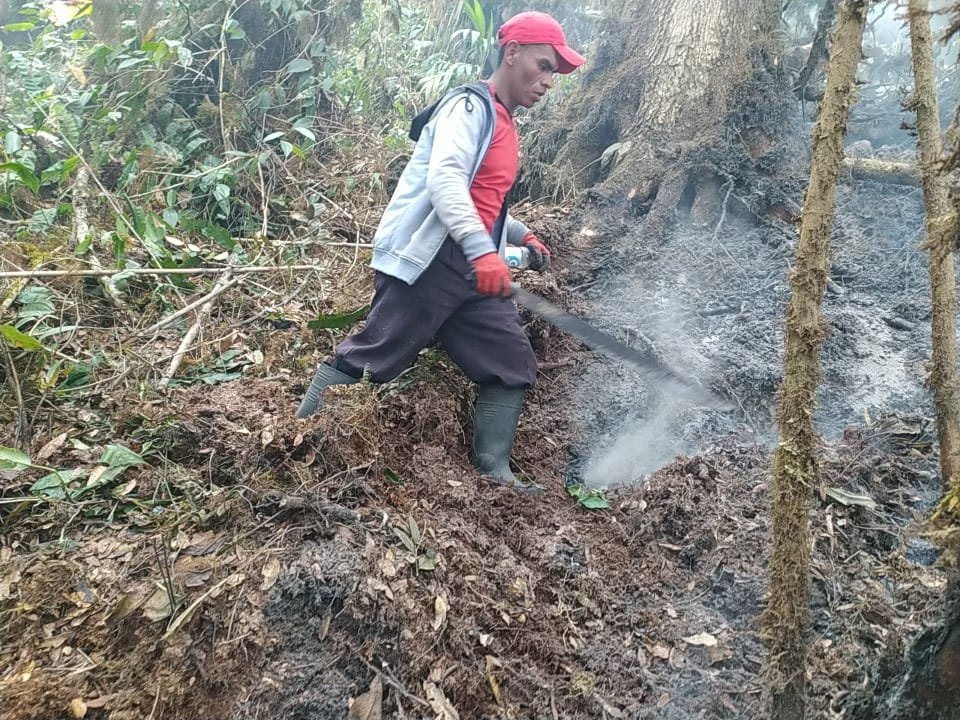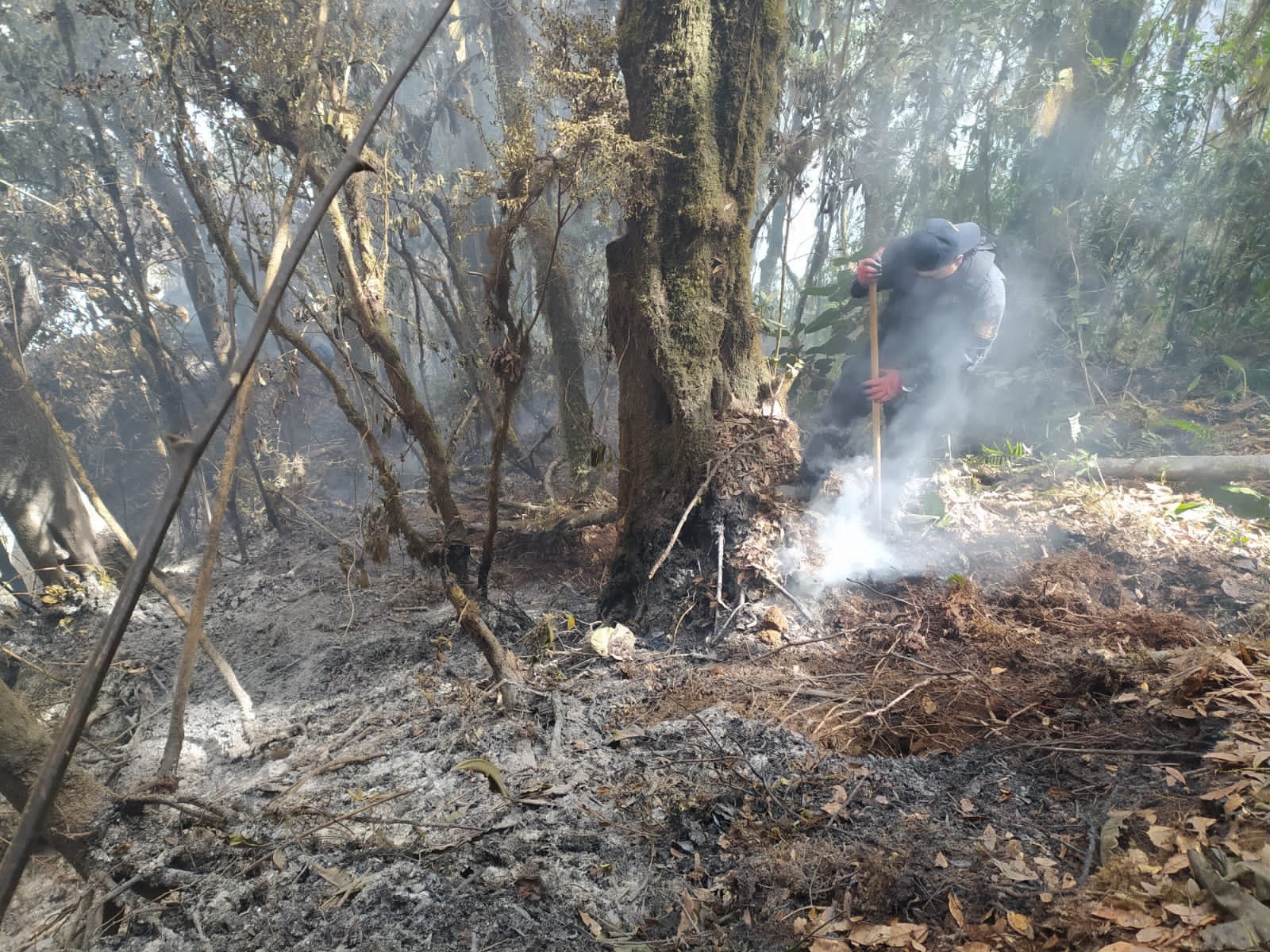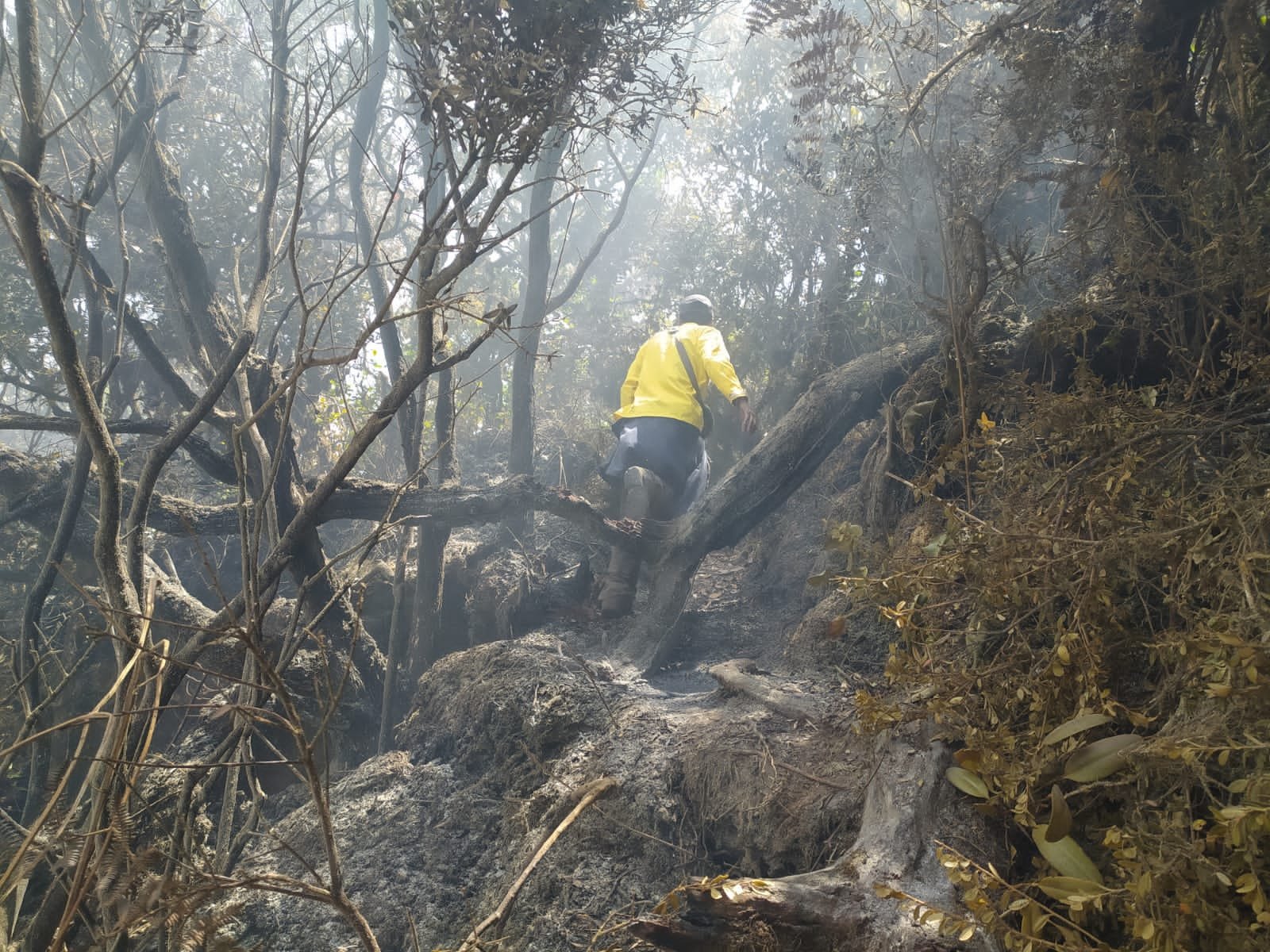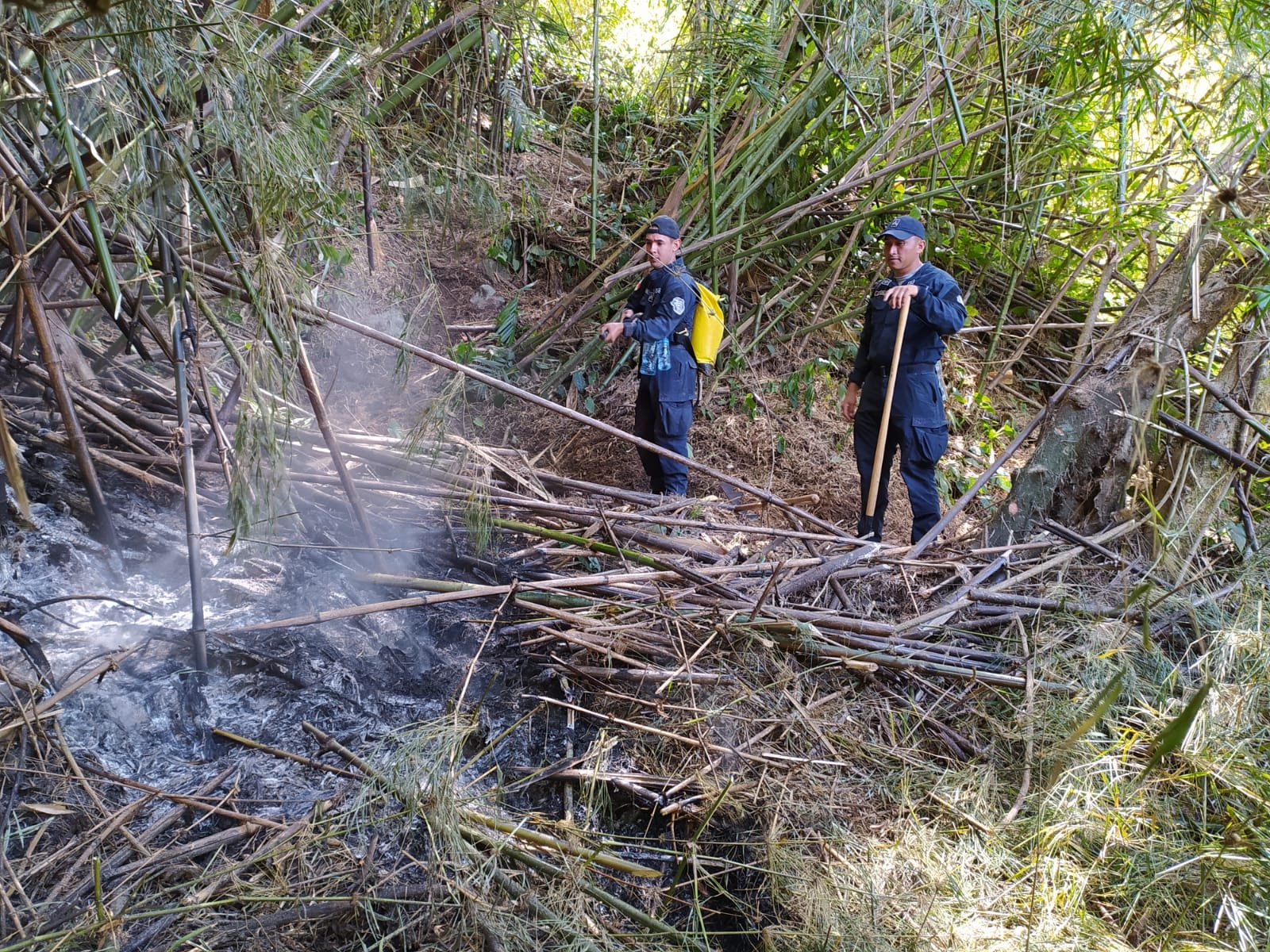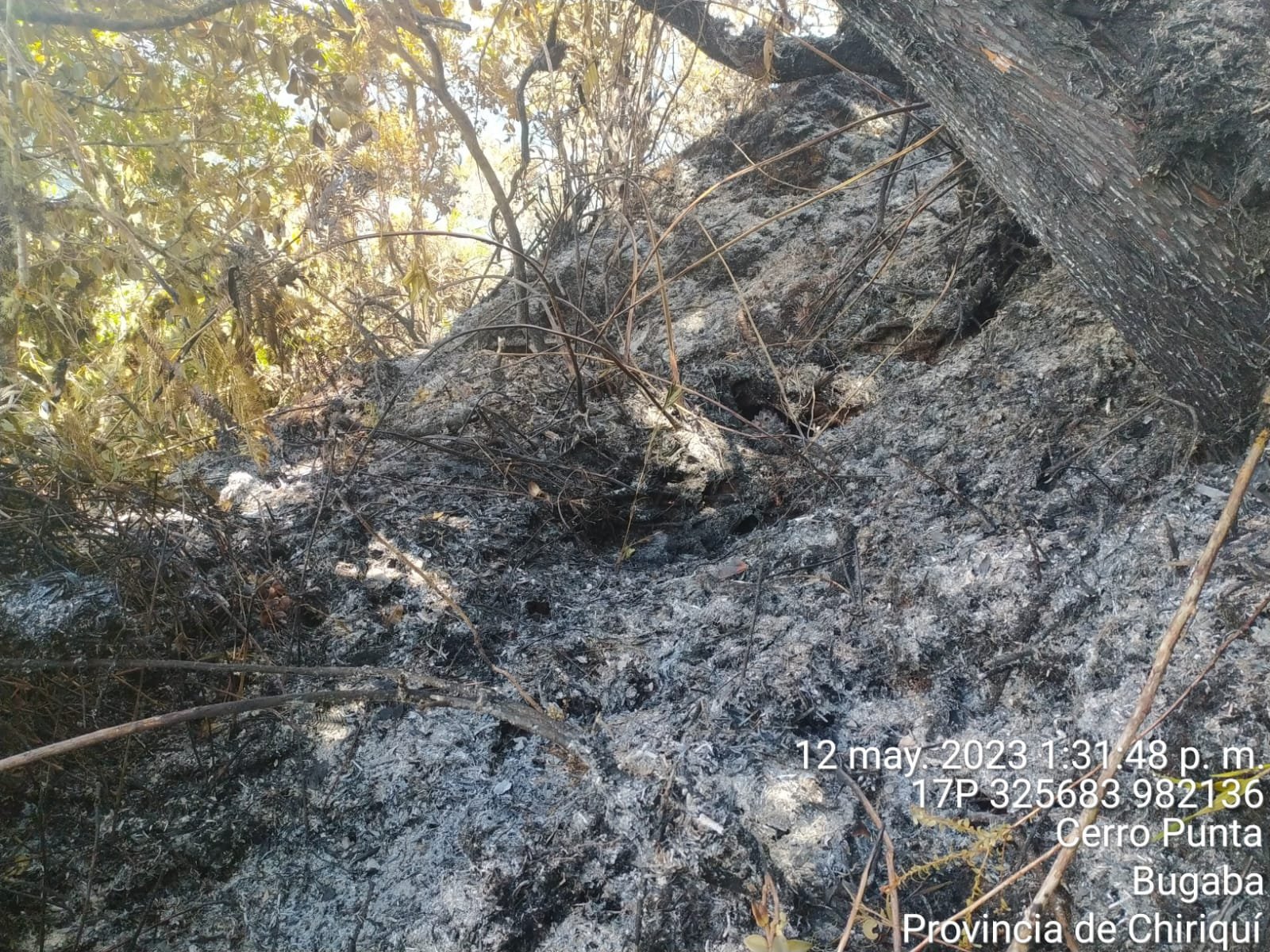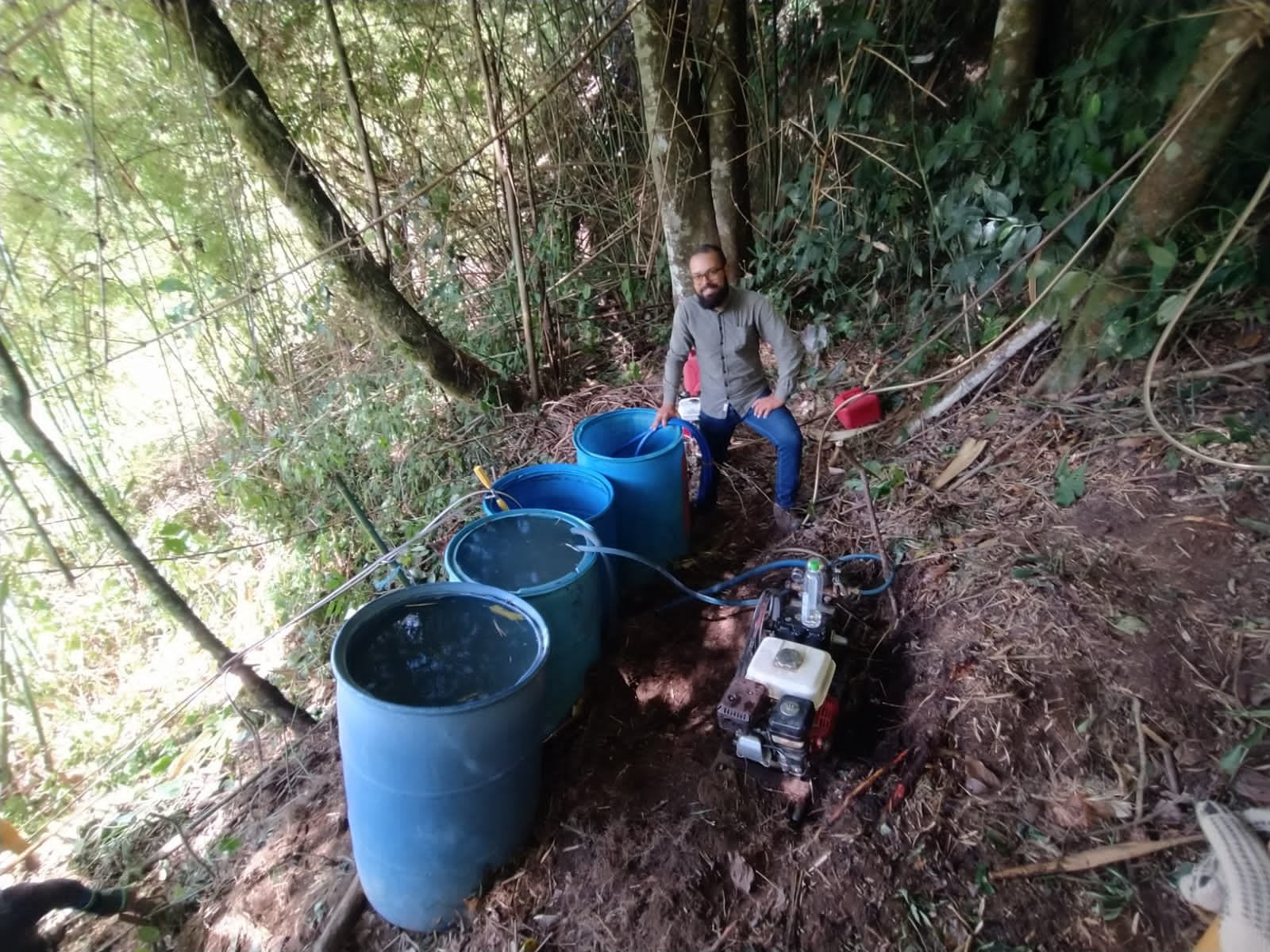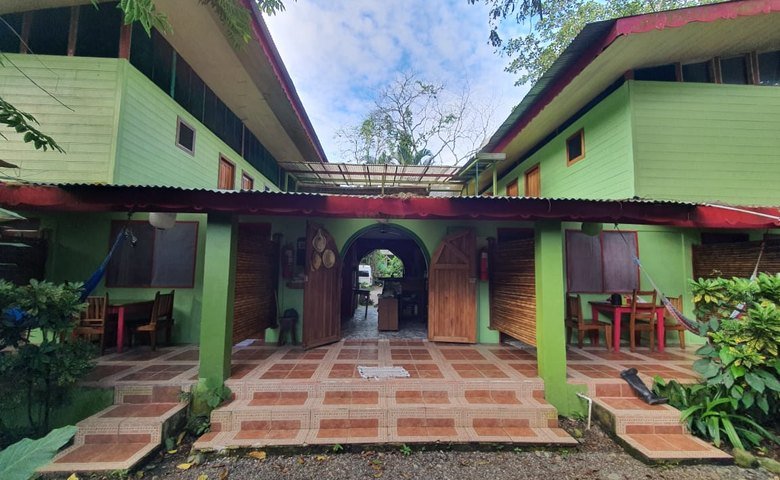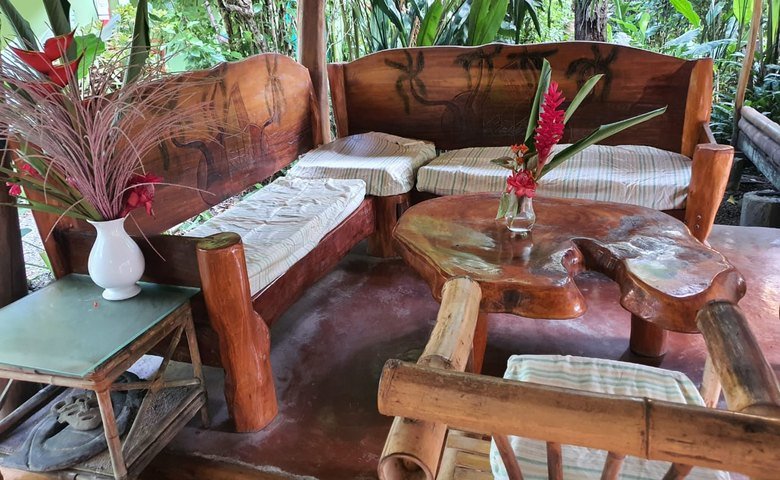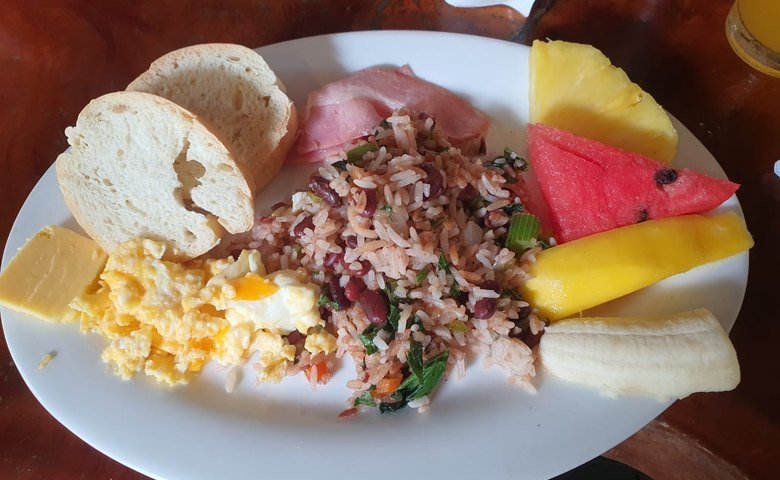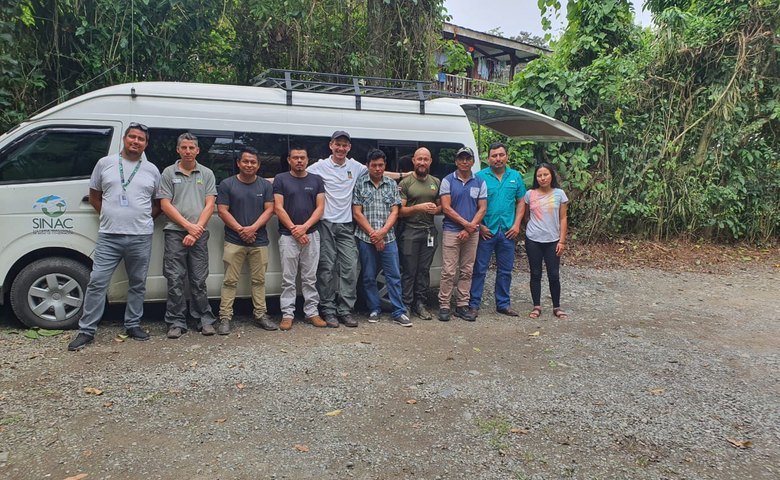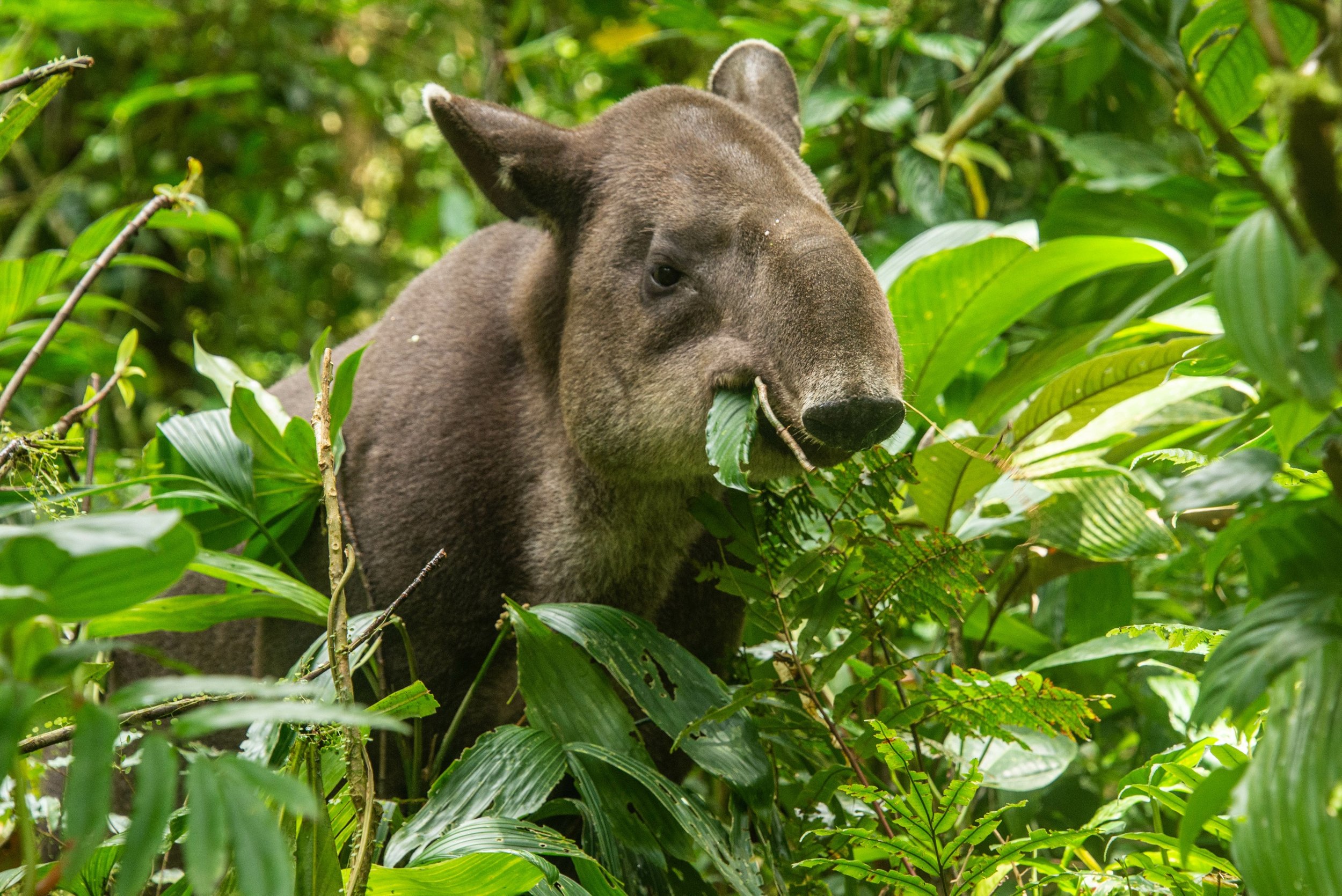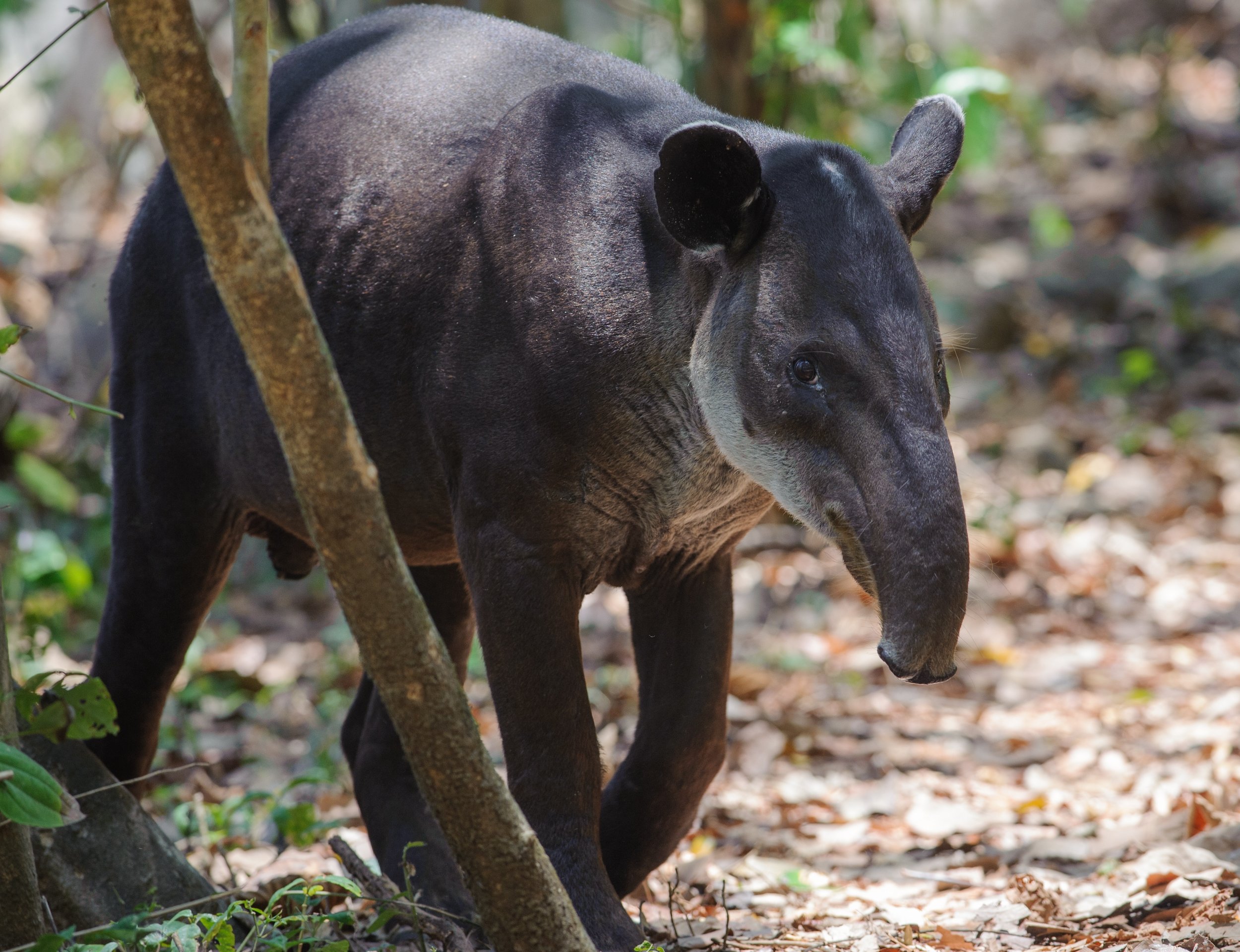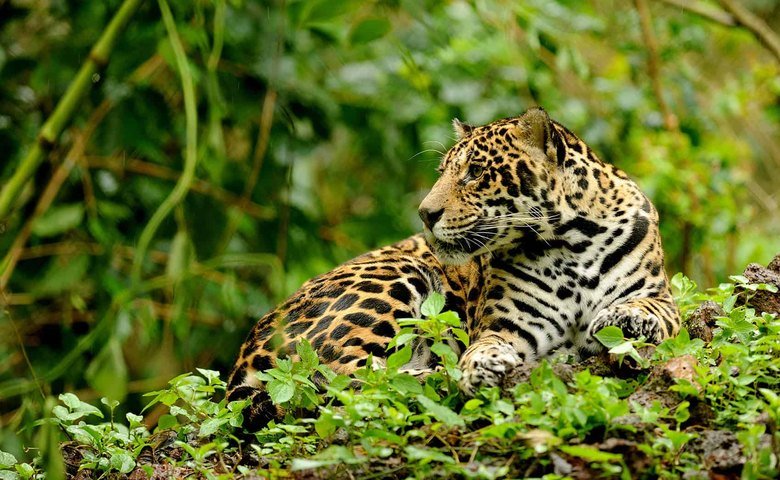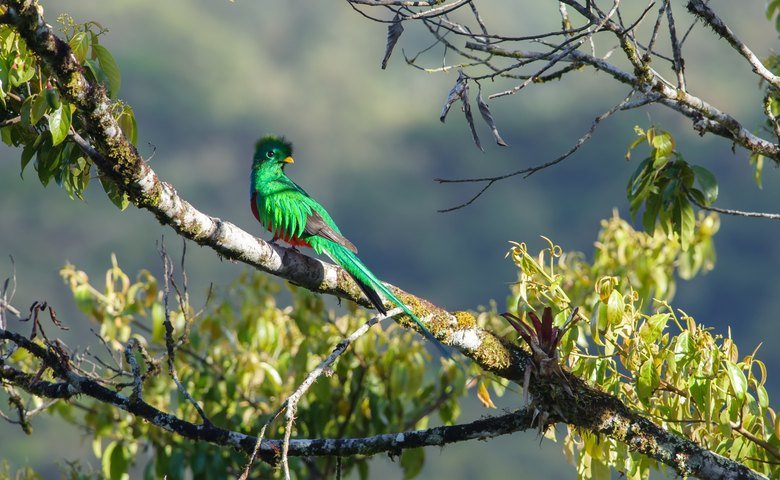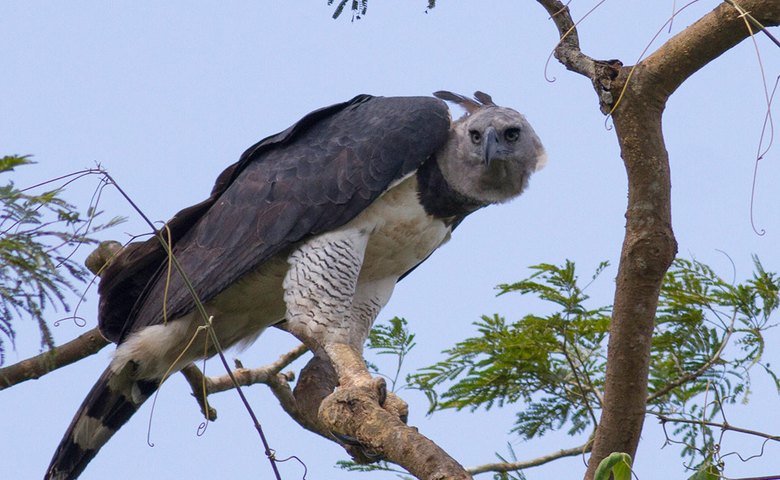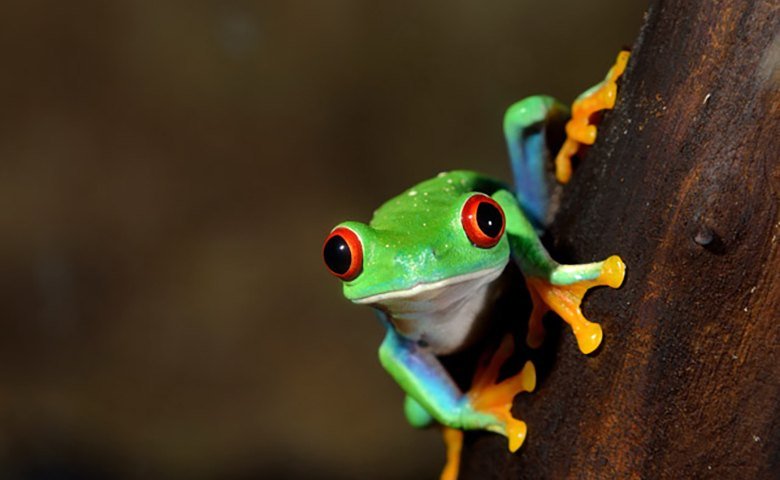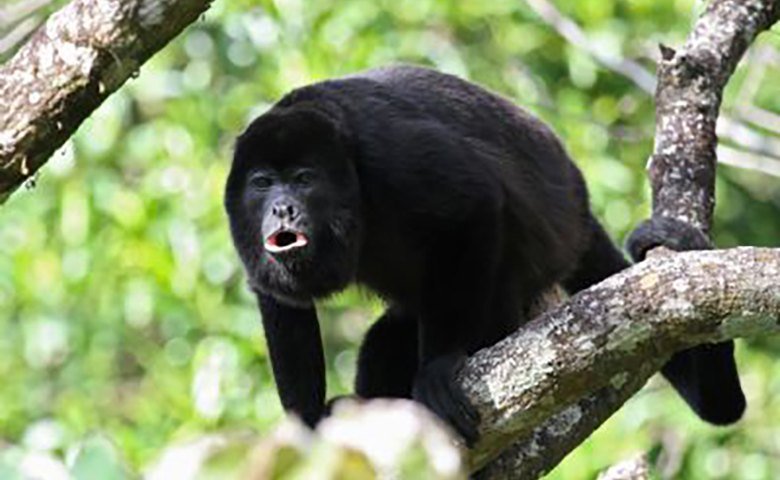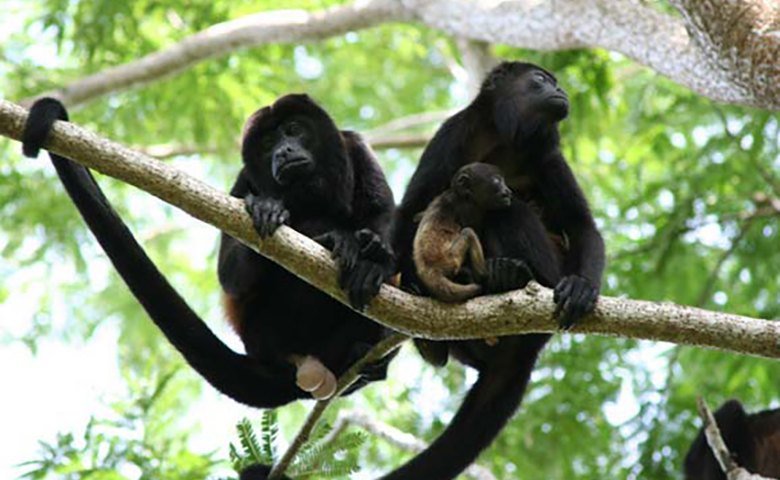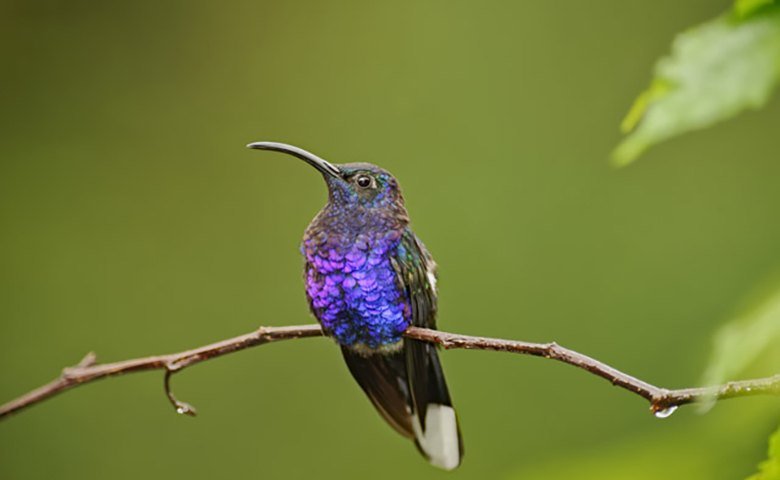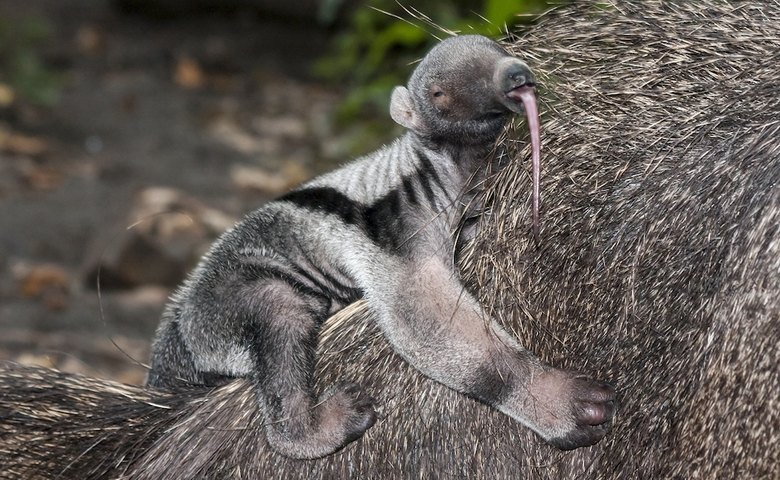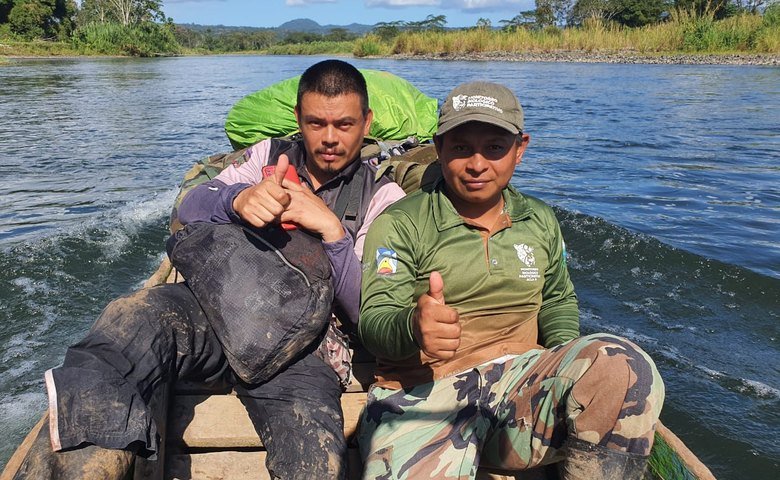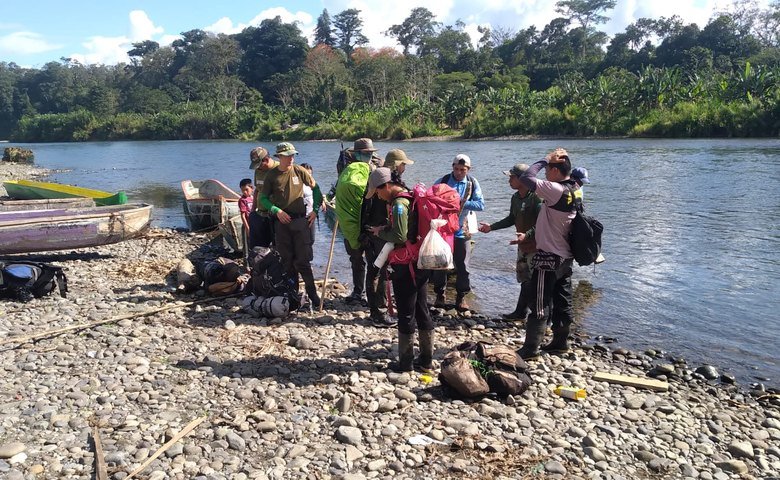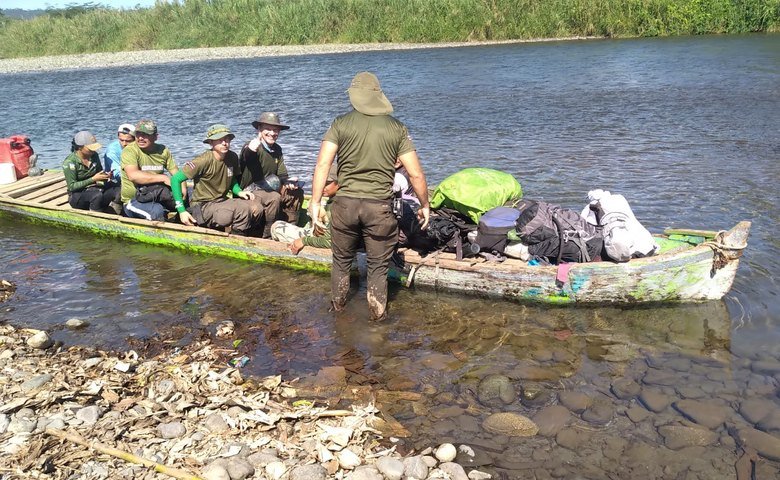La Amistad International Peace Park - 2022-2023 Progress
Introduction
The Cordillera de la Talamanca rises like a curving backbone along Central America, a string of mountains that have bridged the North and South American continents as oceans have risen and fallen across millennia. This is the highest and wildest non-volcanic mountain range in Central America.
The geological history of the Talamancas can be read in the glacial cirques, amphitheater-like valleys carved by ice, and the glacial lakes nestled within them. Still, water shapes this landscape as countless rivers and creeks spring to life here, forming spectacular waterfalls.
Much of this mountain range is protected by La Amistad International Park (Parque Internacional La Amistad, PILA), a transboundary protected area and World Heritage Site that is shared between Costa Rica and Panama. Covering more than 570,000ha across those two countries, including a 15 km-wide buffer zone, it is the largest nature reserve in Central America.
Natural and Cultural History
PILA protects a mosaic of diverse habitats, including tropical lowland forests, cloud forests, high-altitude peatlands, and even the northernmost occurrence of the tundra-like páramo ecosystem on Earth. Its peaks are like islands in the sky, isolated from one another across the ages, allowing new species to separate and evolve. As a result, this varied landscape has birthed an unusual richness of species and an extraordinary number of endemic species found nowhere else on Earth.
Now, PILA is an incredible biodiversity resource for both the region and the world, harboring about 20% of Central America’s and about 60% of Costa Rica’s species diversity. La Amistad covers 15% of the total protected area of Costa Rica and protects more virgin forest than all of the other parks in Costa Rica combined.
Summary of the work carried out:
Different ASP management activities were carried out for prevention, protection, and controlled patrols both inside and outside PILA. That includes fixing posts, going on walking and river tours, performing vehicle patrols, patrols in Indigenous Territories with Resource guards, and inter-institutional patrols, which support the Alturas de Cotón farm in the Las Tablas Protection Zone and the Subregion in response to SITADA complaints.
Global Conservation is proud to have fully sponsored this Binational Patrol, providing complete support in terms of food provisions during mountain tours for all participants, including the Covirenas and Indigenous Guarda Recuersos.
We believe that the Binational Patrol was a great success thanks to the combined efforts of all participants and the generous support from Global Conservation. The event allowed us to address critical conservation issues, promote cooperation between nations, and protect the natural habitats in the region.
EXPECTED RESULTS
1) Have an institutional presence in places that are rarely visited and have a high incidence of illegal acts.
2) Respond to complaints filed by Civil Society.
3) Exchange of experiences and knowledge of some places within the PILA and its buffer zone by an official from Miambiente Panama.
RESULTS OBTAINED
1) Able to fully comply with the planned patrols.
2) Able to carry out an operation including Covirenas from the indigenous territories of Cabagra, Salitre, and Ujarrás.
3) An inspection was carried out in the Saliter Indigenous Territory.
4) We managed to establish an institutional presence in places with a high incidence of illegal acts. Experiences were exchanged, such as how to carry out a patrol, strategies, equipment to use, documentation, approaching people, etc.
PATROLLING BY THE NUMBERS
438.29 Kilometers by Foot (272.34 miles)
129.72 Kilometers by Quadricycle (80.60 miles)
68,039.80 Kilometers by Pickup (42,277.97 miles)
For a total of 815 hours spent patrolling
Special operations were carried out at the beginning of the year and Holy Week, where there was an institutional presence in different sectors of PILA and its buffer zone. They achieved seizures of Palmito de Montaña, firearms, wildlife hunting tools, and other equipment.
The patrol of the transtalamanca is carried out in the company of six indigenous bodyguards, COVIRENAS from Ujarrás, who provide essential logistical support from Global Conservation. They also georeferenced with GPS Points to later make a study of an alternative route or a new tourist trail.
Camera traps were installed and monitored in order to watch the periphery of the park, where hunters have been observed entering the protected wilderness area.
UPCOMING LA AMISTAD ACTIVITIES:
1) Training and Launch of the SMART Platform in Corcovado: We will provide training to 21 park rangers and equip them with the necessary tools to implement the SMART system. This will enhance operational efficiency and monitoring capabilities.
2) Expanding SMART Usage to La Amistad's Eco-rangers: We are extending the use of SMART to the Eco-rangers of La Amistad. They will receive the required equipment.
3) Logistical support for increased patrols in both parks.
Social activities were implemented with the local communities, such as organizing environmental festivals, celebrating the park's anniversary, engaging in the PILA Bird Count, and having follow-up meetings with community groups.
With the help of volunteers from neighboring communities, it was possible to maintain trails, remove invasive weeds, improve infrastructure, and support the administrative office. In addition, vehicle maintenance is continuous so that the transports are in the best condition for the officials.
Logging had its greatest pressure in the months of January and March that the patrols discovered.
GC Helps to Fight Fires in National Parks Critical to Protecting Intact Forests
There was an emergency in La Amistad National Park in Panama. As of the time of writing this, a forest fire has affected around 5 hectares of the park and has spread to many areas outside of it. The situation is quite alarming and requires immediate attention.
More than 200 firefighters worked to control the fire and prevent it from spreading further.
Global Conservation provided support with essential supplies like anti-fire bombs, food, other snacks, water, and other necessary items for the firefighters and over 100 volunteers.
The fire was finally extinguished within the PILA, confining the fire to only 7 hectares within the park.
PILA has now become a specialized hub of ecotourism that focuses on wildlife viewing and photography tours, with fitting accommodations for world travelers. Panama is one of the greatest biological hotbeds on Earth. It's home to a breathtaking array of wild animals, including hundreds of bird species, six species of wild cats (including jaguars and jaguarundis), poison dart frog species, capybara, giant river otters, and many more.
Tapirs were the species with the greatest presence during the tours!
Finally, one of the most important uses of the SMART tool was the Prevention, Protection, and Control component. The greatest pressure discovered while on patrol was the presence of increased hunting, mainly around fishing.
Cast nets and trammel nets used in illegal fishing in rivers were also found.
GC is dedicated to protecting national parks and UNESCO World Heritage Sites (United Nations Educational, Scientific, and Cultural Organization).
Tools to improve the field of prevention, protection, and control: pepper spray, handcuffs, spotlights, telephones for patrol use in SMART, and computer equipment.
Food supplies for the tours of the indigenous Guadarecursos, Brigades, and Committees for the Surveillance of Natural Resources (Covirenas).
Management support through fuel allocations to carry out tours with the aforementioned groups, as well as support for them to implement actions.
Training for park rangers of the National System of Areas of Conservation (SINAC), Covirenas, and indigenous resource guards.


